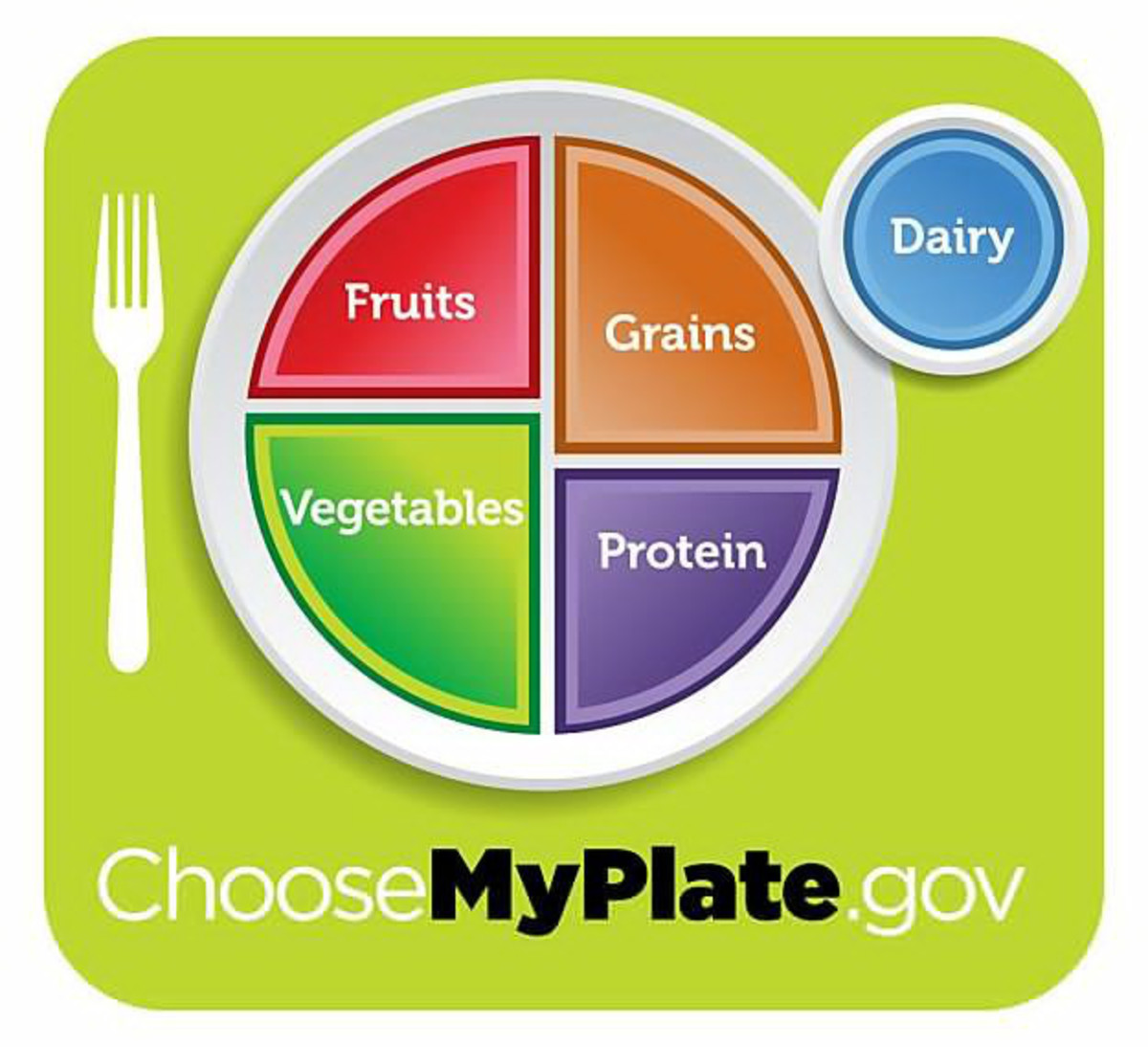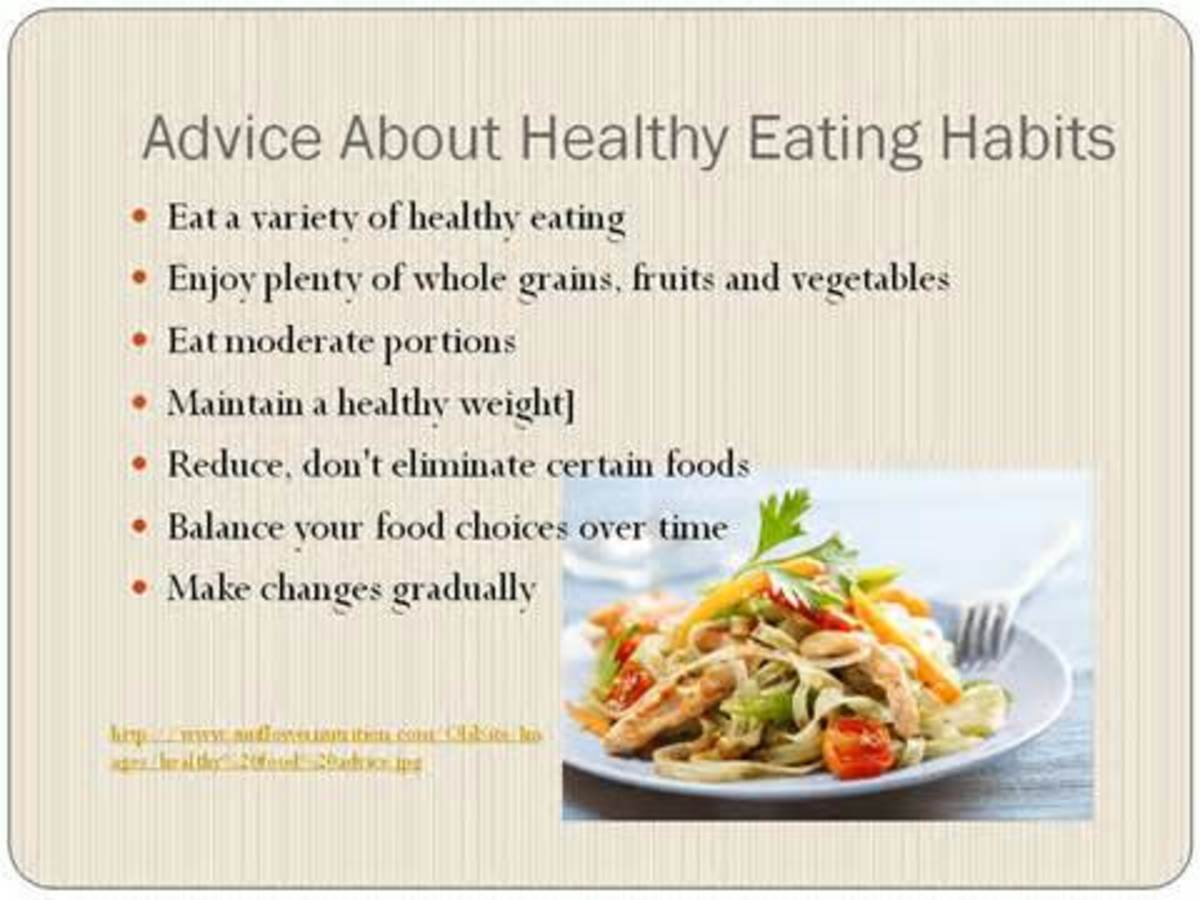Fat Head (2009) - Review
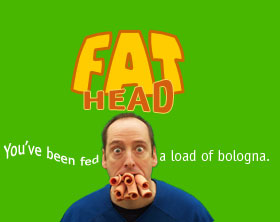
Fat Head is a documentary film that is directed and presented by Tom Naughton (comedian, author, computer programmer and filmmaker) which criticises and ridicules Morgan Spurlock’s Super Size Me (in Naughton’s words “a load of bologna”), as well as the USDA and advocates a low carb/high fat, by demonstrating the presenter losing weight on a diet primarily composed of western fast food (cheeseburgers, sausage and egg biscuits, fried chicken and French fries).
The documentary is divided into three segments - the first part of the documentary focuses on refuting claims made by Morgan Spurlock in Super Size Me and the second part addresses the fallacies of the lipid hypothesis and the politics behind the dietary guidelines and recommendations provided by USDA.
It features a number of expert commentators including:
- Mary Enig phD (biochemist, author of
Know Your Fats)
- Gary Taubes (author of
Good Calories, Bad Calories)
- Jacob Sullum (senior editor at Reason, author of For Your Own Good)
- Eric Oliver phD (author of Fat Politics)
- Mary Dan Eades M.D (co-author of Protein Power)
- Al Sears M.D (author of The Doctor’s Heart Cure)
- Sally Fallon (president of Weston A. Price Foundation)
- Michael Eades M.D (co-author of Protein Power)
Unfortunately they are only representative of one side of the argument – pro-low carb, high fat diets all with publications and products that promote such a lifestyle too – there is no pro-high carb, low fat diet commentators or those who stand in middle ground, to provide a counter argument.
The production is very simple, but Tom Naughton delivery of his message is bold enough to capture and hold most viewers attention throughout the film.
The scientific concepts that are covered in the film are explained concisely and often illustrated with amusing cartoon dramatisisations, which reminded me of some old Physics videos I saw in high school.
For the next part of this review, I will address some of the questionable claims made by Tom Naughton during the film – if you haven’t seen the film and want to beware of SPOILERS – if you’ve seen it or don’t want to watch it then read on...
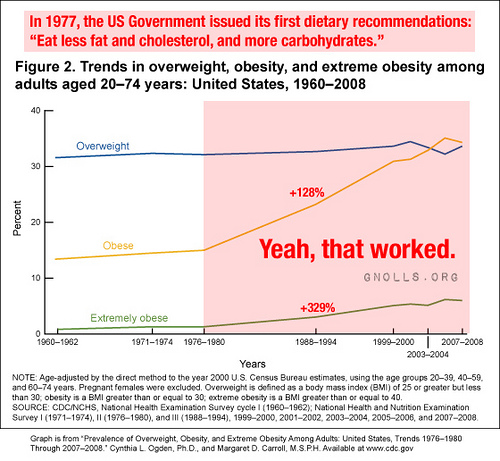
Claims
Carbohydrates raise insulin which makes us fat
Insulin resistance (diabetes) is an issue, but insulin is certainly not a bad guy, as depicted in this film – it is a storage hormone that helps distributes nutrients from our bloodstream into cells so their energy can be utilised or stored for future use – it is essential for survival.
Carbohydrates are the bodies preferred fuel source - if you are an active individual who exercises regularly or plays sport then it is important you are getting an adequate amount for optimal performance.
Even if you aren’t particularly active, but do a lot of brain work, some carbohydrate intake is optimal as energy is still required for the brain to function.
The obesity epidemic is not as big as stated
Based on a change in the indicators used to measure obesity (introduction of BMI), Fat Head claims that overnight a large proportion of people that were not previously classified as overweight were so thereafter.
No figures are quoted, but instead to back up the authors opinion - rather than drawing upon statistical data measuring large samples he shows us various ‘people watching’ clips around town.
BMI is a poor measure of obesity
I agree it isn’t the best for the athletic population particularly those who engage in resistance training as it doesn’t differentiate between muscle mass and fat mass, but for the majority i.e. average, non-athletic person it is a decent tool to provide a rough indication of overall health that is very quick and very easy to measure and calculate (all you need are scales and tape measure).
Humans haven’t evolved to eat grains
We can utilise the energy from carbohydrates, protein and fat found in grains!
It is unfounded in research that grains have any negative health effects – no current evidence supports this view.
You can be fat and healthy
An insufficient definition on standards for healthy vs unhealthy is provided – Naughton only mentions HDL, LDL and blood triglycerides levels as measures for health, which gives a limited picture of overall health.
According to MedLine obesity has been shown to “increase your risk of diabetes, heart disease, stroke, arthritis and some cancers.”
Government feeds us propaganda with an eye to benefit certain industries (grain industry)
This is an idea that seems plausible – there is a definitely two big conflicting interests present for governments.
The ‘calories in vs calories out’ model is a load of bologna
OK, lets just ignore the fundamental law of thermodynamics (energy cannot be created or destroyed, it can only transform from one form to another).
The author supposedly ‘proves’ this by showing that the weight loss the calories in vs calories out model predicted was less than the total weight he actually lost – he never states what his metabolic rate was calculated at nor does he test how much fat was lost compared to muscle and water weight.
Lyle McDonald excellent article - Is a Calorie a Calorie? – addresses why the calories in vs calories out model is not defunct, but rather misinterpreted by critics like Gary Taubes.
If you didn’t read the above article the reason he lost more than the predicted weight was because – the prediction was based on 100% fat loss (1lb of fat = 4082 calories), which never happens in reality – Tom Naughton would’ve lost water weight going from a likely moderate-high carb diet to a low carb diet (lower glycogen levels = less water retention) and it’s likely his muscle mass would’ve changed too - his maintenance caloric level also may have been inaccurately predicted - basal metabolic rate (BMR) and activity level.
Diets high in saturated fat are fine and saturated fat causes HDL AKA good cholesterol to rise
This is context dependent – in short a caloric deficit diet high in saturated fat will cause blood lipid markers to improve (as was the case with Mr Naughton), whilst a caloric surplus diet high in saturated fat will cause blood lipid markers to deteriorate.
Overall, whilst it is a somewhat entertaining low-budget documentary, it was a bit messy in terms of organisation and structure of argument, the criticism against Super Size Me was a bit over the top (we get it!) and it made a number of questionable claims that were labelled as fact, but either don’t agree with current scientific research or are yet to be backed up by sufficient scientific research.
The only real positive I can see is it may pique a newfound interest in nutrition in some viewers and encourage them to look into the topics covered in more depth in search of answers.
If you want to read quality nutritional advice based on science for improving body composition (losing fat and/or gaining muscle) I would recommend checking out Lyle McDonald’s and Alan Aragon’s websites – Fat Head, I would not personally recommend for educational purposes.
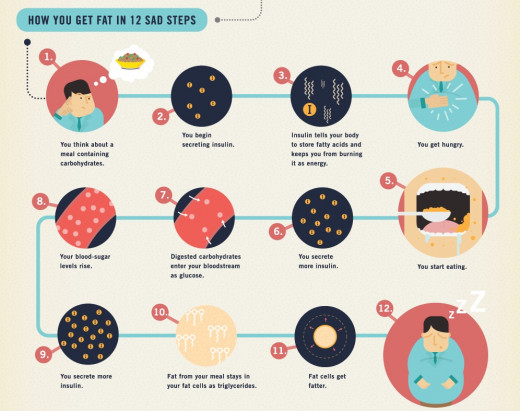

![Fat Head [DVD]](https://m.media-amazon.com/images/I/51VPAXa0K7L._SL160_.jpg)
